In recent years, a growing number of young people have chosen to return to their native regions to start or continue agricultural activities. This return to the land is full of enthusiasm, vision and respect for traditions, but too often it clashes with chronic structural limitations. The testimonies gathered in Sambuca di Sicilia and the Madonie area tell of a young, innovative and resilient agriculture, but one that is also hampered by serious infrastructural deficiencies.
In Sambuca di Sicilia, there is no water
In the heart of the Belìce Valley, Sambuca di Sicilia is now a small agricultural laboratory reborn thanks to the passion and courage of young entrepreneurs. Here you will find businesses such as Giovinco Wines, which combines a passion for wine-making with experimentation, the F.lli Palermo dairy, which preserves ancient dairy production techniques, Antico Frantoio SaS, which specialises in extra virgin olive oil, the multifunctional company 92017, and the Antonino di Galluzzo Brewery, which produces craft beer inspired by the territory. However, they all face a problem that is as essential as it is neglected: water supply. Water shortages and the dilapidated state of the water infrastructure make the daily management of the companies difficult. Irrigation, cleaning of production areas, feeding livestock: every action depends on a resource that is sporadic, if not completely absent. Added to this are obsolete water networks, often prone to leaks, and bureaucracy that slows down any attempt at intervention.
‘We’re not asking for miracles,’ says a local entrepreneur, “just efficient management of a vital resource. Without water, there is no agriculture.”
In the Madonie mountains, abandoned shelters and a mountain that resists
Moving to the Madonie area, the situation changes but the problems remain. Here, straddling the provinces of Palermo and Enna, there are places such as the Marini Refuge, which has reported the state of neglect of the CAS (Sicilian Alpine Centre) refuges, a heritage that could be a driving force for sustainable tourism and the local economy, but which is in a state of disrepair. Complicating the picture, historical misunderstandings between the CAI sections of Palermo and Petralia Sottana are slowing down the shared management of trails, facilities and nature trails.
‘We need a unified vision of the mountains, one that sets aside parochialism and prioritises the common good,’ say those at the refuge.
Alongside them, Agriturismo Dispenza, which is dedicated to the artisanal production of cheese according to family tradition, struggles with logistical difficulties and the lack of modern infrastructure for distribution and rural tourism.
A new generation demanding attention
These stories, different in terms of products and contexts, nevertheless tell a common story: a generation of young, competent and determined agricultural entrepreneurs who invest in marginal areas often forgotten by the institutions. The request is clear: functioning public services, maintenance of existing infrastructure, rational management of natural resources and greater attention to the real needs of those who live and work outside the major centres. If these critical issues are not addressed decisively, there is a risk of seeing the decline of a movement to return to the land, which represents one of the few concrete hopes for economic and social revival in the inland areas of Sicily.
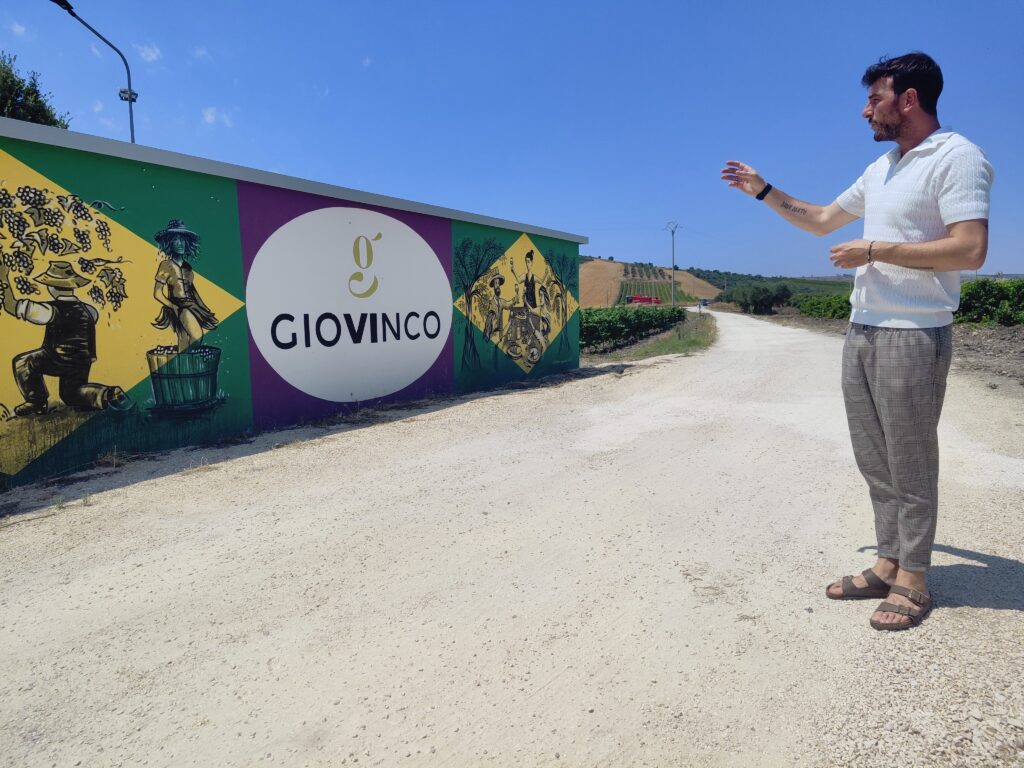

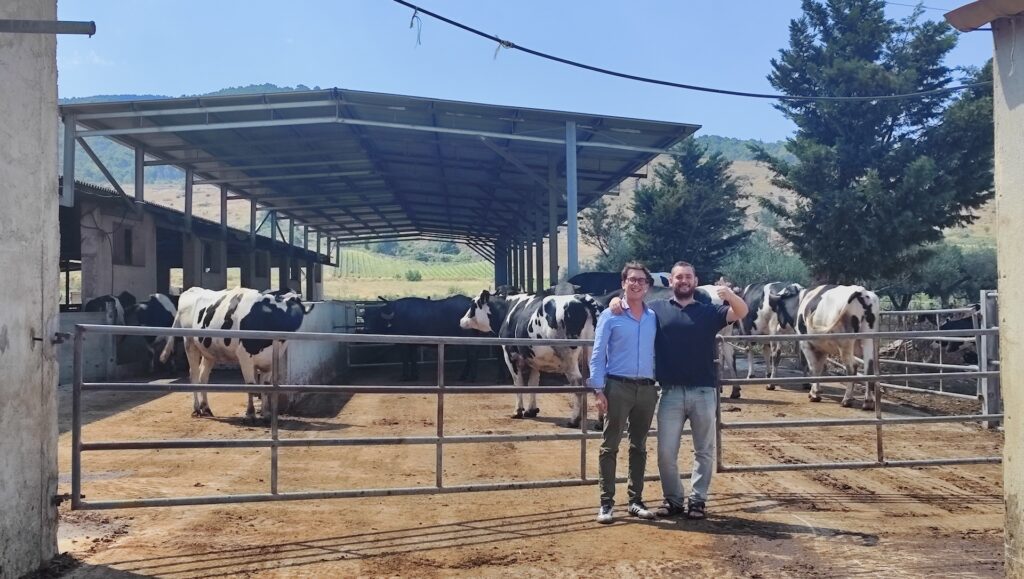
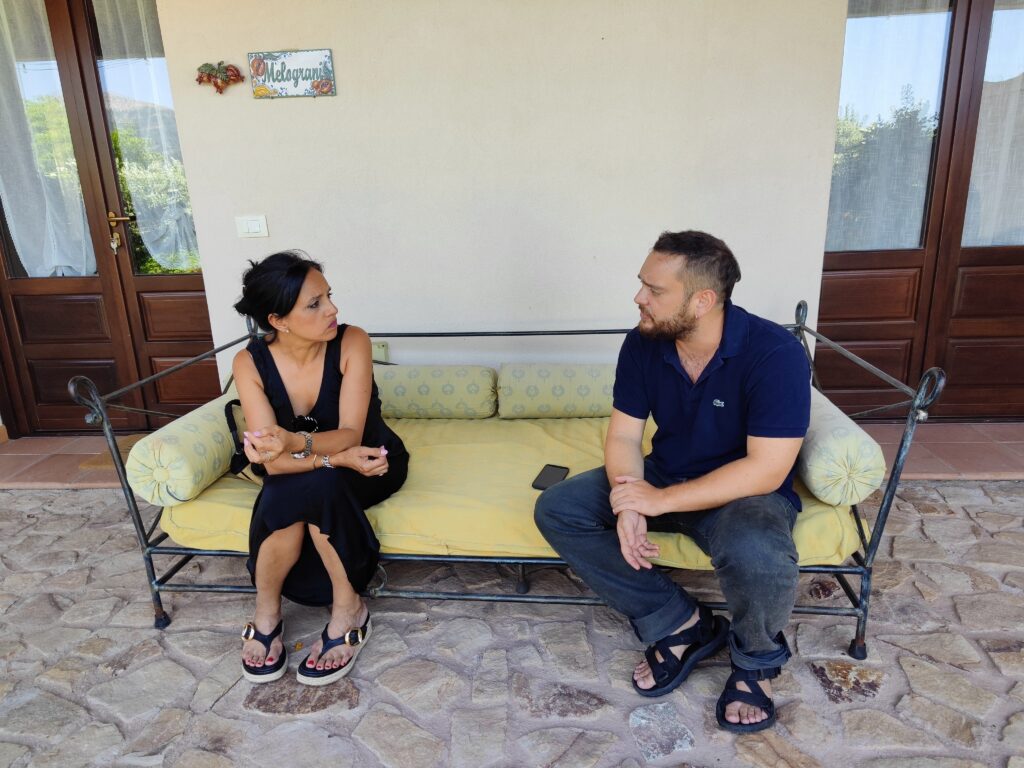

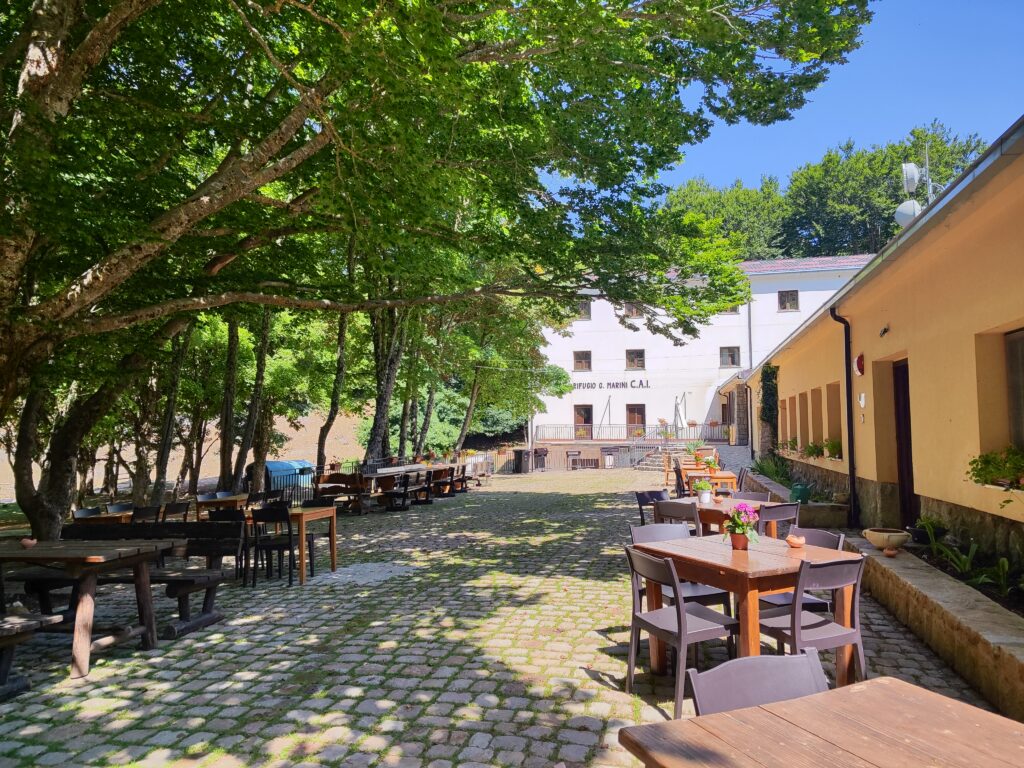

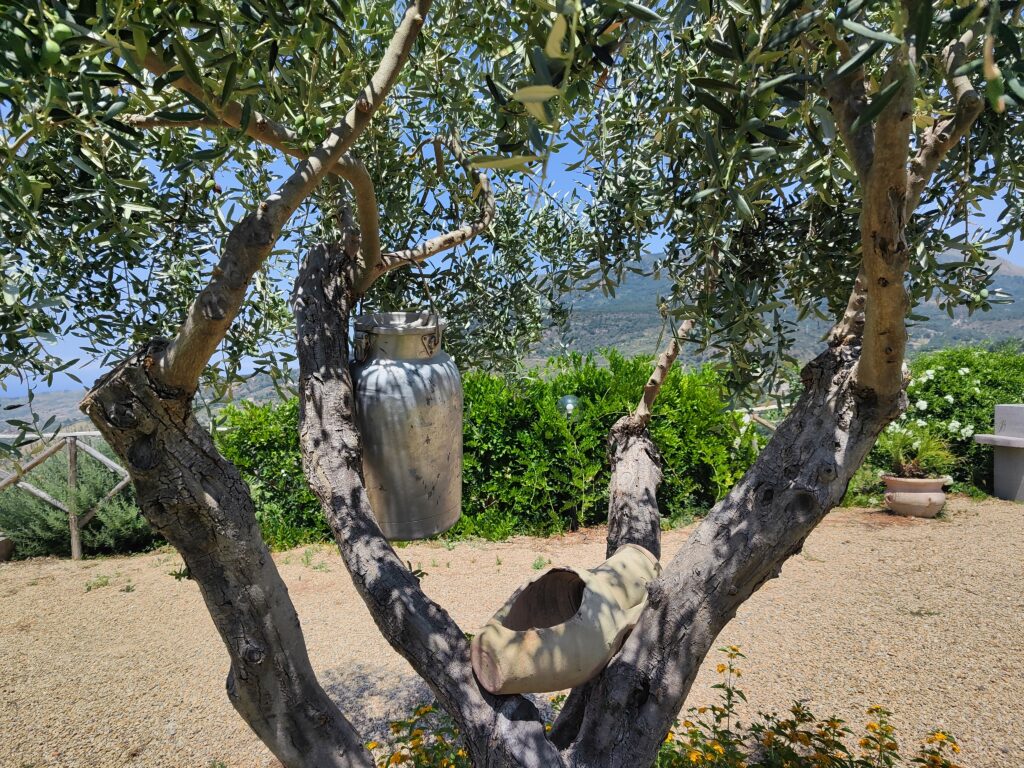
EXTOR – Experiential tourism for sustainable rural development is cofunded by INAPP – National Agency for Erasmus+ born from the collaboration of several organisations:
- LAND Impresa Sociale (coordinator, Italy)
- INFODEF (Spain)
- DieBerater (Austria)
- Einurd (Iceland)
- CSI – Center for Social Innovation (Cyprus)
- OTC – Olypic Training & Consulting (Greece)
- CANDIDE (Belgium)
For further information about EXTOR, please contact Aurelia Schera, aurelia.schera@impresasocialeland.org.

